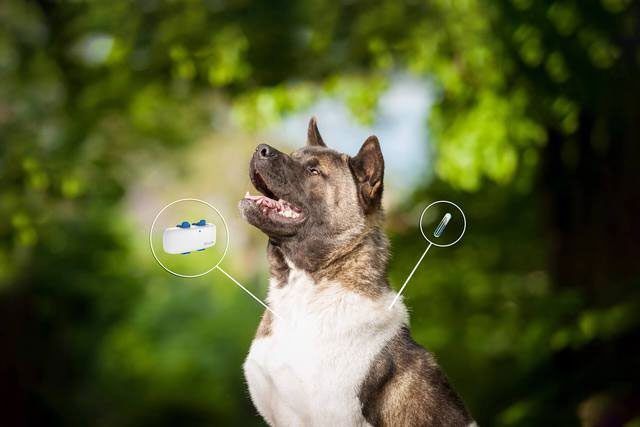Japan has made the decision to implant microchips in pets to serve as “identity cards.” The 1cm chip can store information such as the pet’s date of birth, vaccination records, and owner details…
Japan is renowned for its pet ownership. According to statistics from the Ministry of Internal Affairs and Communications of Japan, as of April 2021, the number of children in Japan was approximately 14.93 million. In comparison, the Japan Pet Food Association reported that the country had over 16 million pet cats and dogs in 2021, indicating that there are more pets than children in Japan. Despite the declining birth rates in developed countries, such figures reflect the Japanese people’s love for their pets.
However, corresponding to the enormous number of pets, Japan also has a relatively high rate of pet abandonment. It is common in Japan for certain types of pets to suddenly become popular for a short period due to promotions in movies, music, and games… but in reality, owning them is not as easy as it seems.

In 1999, France mandated that dogs over four months old must be implanted with a microchip or tattooed for identification purposes.
Pet ownership requires a great deal of energy, time, and medical care, as well as a special diet. Therefore, the costs associated with pet ownership are significant, leading to a high probability of pet abandonment in Japan.
Faced with the high costs of pet ownership, many people choose to abandon their pets. According to statistics from the Ministry of the Environment of Japan in 2020, around 72,000 pet dogs and cats were lost or abandoned, but this figure only accounts for those recorded at animal rescue stations. In reality, there are still approximately 24,000 stray dogs and cats without an owner.

Additionally, implanting microchips in pets is not uncommon worldwide. Even in Vietnam, for dogs or cats imported from abroad, most have microchips or ear tattoos with unique identification numbers, similar to the identification number on a citizen’s ID card.
In response to this situation, to mitigate the damage to the natural environment caused by stray animals, in June 2020, Japan strengthened the “Animal Protection Law,” increasing the maximum penalty for killing animals without just cause to imprisonment of 2 to 5 years, along with fines ranging from 2 million to 5 million yen. When cases of animal abuse are discovered, the owner may be fined 1 million yen, and the sentence can reach up to one year in prison, depending on the case. Despite these penalties, the number of abandoned and abused pets in Japan remains uncontrolled.

To prevent lost pets, Japan mandates microchipping for dogs and cats.
To reduce abandonment and prevent pets from getting lost, Japan mandated that starting June 1, 2022, all pet-related industries must implant microchips in dogs and cats when selling them, with relevant information about the pets being updated after the sale.
The registration and updating of information will take place within a few days, including the pet’s date of birth, breed, vaccination records, and owner details.

When lost, information can be retrieved by scanning the chip.
When a pet goes missing and is found by a rescue center, they can retrieve its information by scanning the chip. Advocates believe that microchipping can prevent pets from getting lost and can help return them to their rightful owners if lost, effectively reducing abandonment. However, opponents argue that implanting microchips in pets is too cruel and may cause certain harm to their pets.
In reality, implanting chips in pets does not significantly affect their health. The implantation process is straightforward, similar to taking your pet for a vaccination. This process can be done with a syringe, and the chip’s surface has a biocompatible coating, which means it will not lead to infections or rejection. The lifespan of the chip is also quite long, generally ranging from 18 to 20 years, and for most pets, one chip is sufficient for their lifetime. In 1999, France mandated that dogs over four months old must be implanted with a microchip or tattoo for identification purposes.

Implanting chips in pets does not significantly affect their health.
Moreover, implanting microchips in pets is not an uncommon practice worldwide, including in Vietnam. For dogs or cats imported from abroad, most are implanted with microchips or ear tattoos with unique identification numbers, similar to the identification numbers on citizen ID cards. Additionally, for dogs that are shown and recognized as breeds, after successful recognition, they will also be implanted with a chip at the nape of their neck with an identification number corresponding to that on the breed certificate. From this certificate, one can trace information about their parents and grandparents.





















































